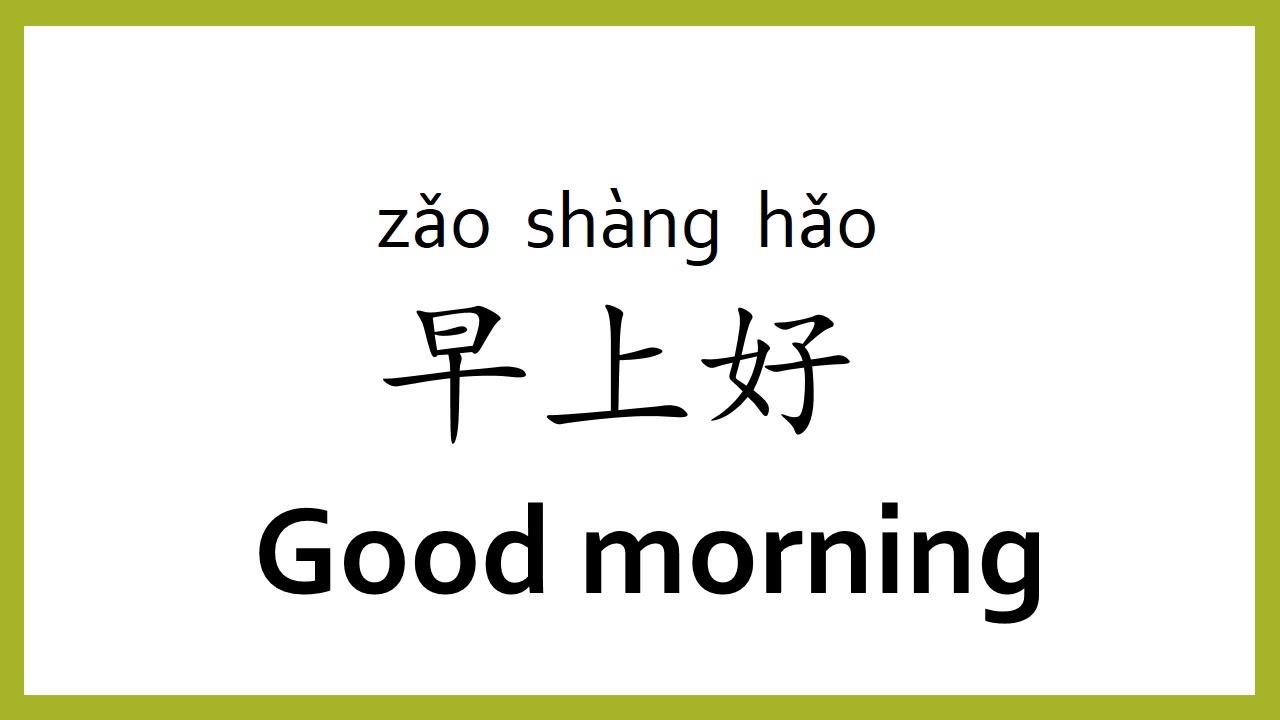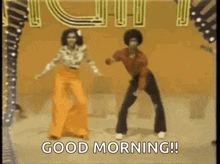how do you say Good Morning in chinese

How to Say “Good Morning” in Chinese: A Comprehensive Guide
If you’re looking to greet someone in Mandarin Chinese, knowing how to say “Good Morning” is a great place to start! In Mandarin, you would say “早上好” (pronounced zǎo shàng hǎo). Let’s dive deeper into the nuances of this greeting and explore some cultural context, variations, and tips for using it effectively.
Pronunciation Breakdown
- 早 (zǎo): This means “early” or “morning”.
- 上 (shàng): This can mean “on” or “above”.
- 好 (hǎo): This means “good”.
When combined, 早上好 (zǎo shàng hǎo) literally translates to “good morning”. Make sure to pay attention to the tonal pronunciation; Mandarin is a tonal language, so the meaning can change based on how you say it.
Cultural Context
In Chinese culture, greetings are important as they reflect respect and politeness. Saying “Good Morning” is not just a casual way to start a conversation; it’s a way to show that you care about the person you are greeting.
Variations and Alternatives
While 早上好 is the standard way to say “Good Morning”, there are other expressions you might also find useful:
- 早安 (zǎo ān): This is another way to say “Good Morning,” often used in more formal contexts.
- 早 (zǎo): Simply saying “早” is an informal and friendly way to greet someone in the morning, similar to saying “morning!” in English.
- 早上好呀 (zǎo shàng hǎo ya): This adds a friendly tone, as “呀” is a particle used to soften the greeting.
When to Use It
You can use 早上好 whenever you meet someone in the morning, typically until around noon. After that, transitioning to “下午好” (xià wǔ hǎo, meaning “Good Afternoon”) is appropriate.
Tips for Using Chinese Greetings
- Practice Pronunciation: Mandarin can be tricky due to its tonal nature. Use language apps or online resources to hear native speakers.
- Pair with a Smile: A friendly demeanor can enhance your greeting.
- Cultural Etiquette: In more formal situations, especially in business, it’s always best to use the complete “早上好”.
Conclusion
Now that you know how to say “Good Morning” in Chinese, you can confidently greet your friends, colleagues, or even locals if you’re traveling in China. Practicing this simple phrase can open doors to more conversations and help you connect with Chinese speakers on a deeper level.
For more interesting language tips and cultural insights, stay tuned to GoodMorningWishes.net! Don’t forget to share this blog post with your friends who are interested in learning Mandarin!
By optimizing this blog post for SEO with relevant keywords and phrases, we ensure that readers searching for ways to say “Good Morning” in different languages can easily find this information on GoodMorningWishes.net. Happy learning!














